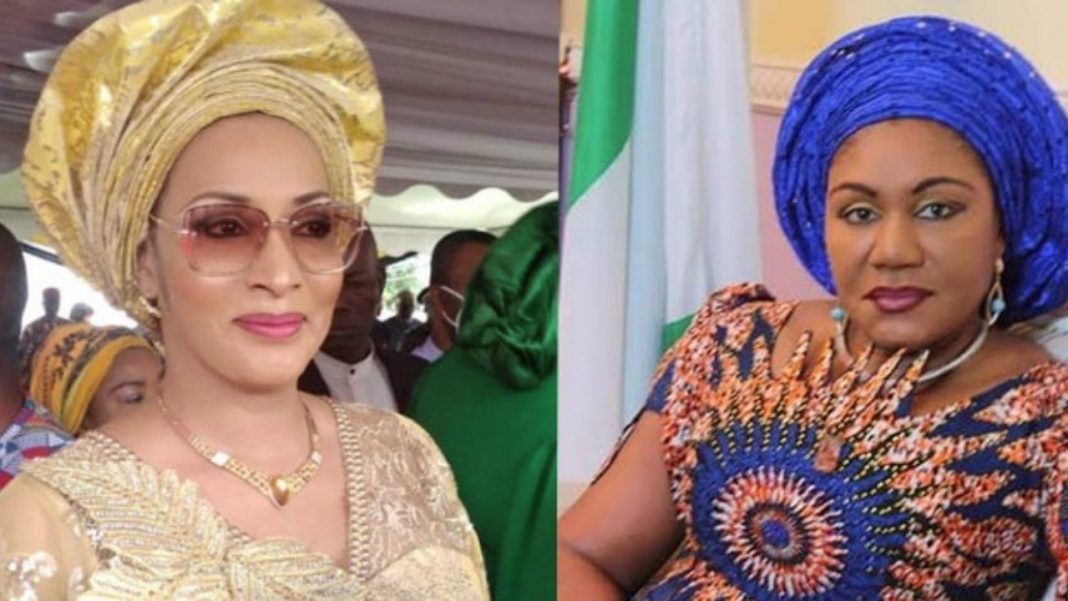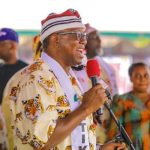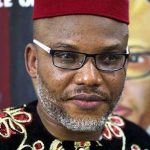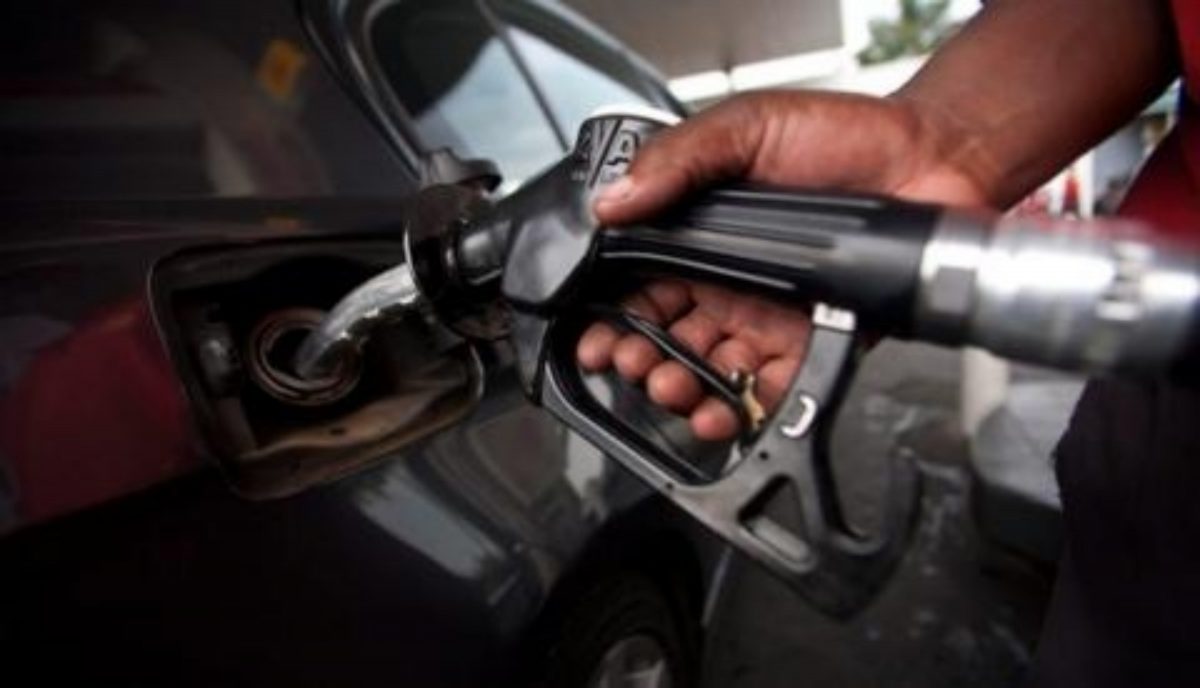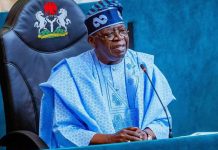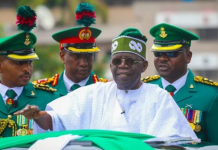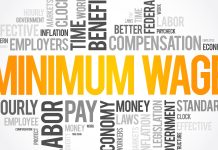On Wednesday, June 14, 1990, Princess Diana and Prince Charles attended their children’s school sports day. The two participated in their sons’ school’s parents’ race. Diana ran barefooted across the turf while Charles wore an apron. In the mothers’ race, Diana came third. Charles was amongst the last to reach the finishing line in the fathers’ race. Prince William, who was seven years old then, was part of his teams’ tug-of-war competitors. William’s team won. But that was not the story that made the front-page news the next day.
In the course of the day, William defied Diana’s orders and ran off to play with his friends. For doing that, Diana spanked William with a slap.
The next day, the Sun newspaper showed a picture of the slap as it landed on William’s face with the caption, “Wallop.” The Daily Mirror ran the same story with a screaming headline, “The slap that could change the world.” The newspaper went on to say society had brainwashed British parents into believing that any kind of punishment was wrong. “But there is a great difference between a slap from a loving parent, like Princess Diana, and corporal punishment,” the newspaper said.
Reading the headline in Nigeria, it got stuck in my head. I could not imagine how that slap had the potential to change the world. I thought about it then, and I still think about it now. Even if the slap damaged the brain of Prince William, could he end up becoming an erratic King of England? Could he, as King of England in, say, 2042, decide that it was time to retake Nigeria and make it once again a British territory? It sounded farfetched to me that such could happen. What if, in 2032, at the ripe age of 80, Russian President Vladimir Putin decides to wage nuclear war in Europe? What if he destroys most of the Western world and Europeans who escaped arrive in Africa? What if when the nuclear dust had settled, King William, living in a mansion on a hilltop in Plateau State, claimed the territories Britain once controlled after the 1884 Berlin conference?
That was how far my mind had gone since the incident at Awka, Anambra State, Nigeria, on Thursday, March 17. It was at the swearing-in of the brand-new Governor Charles Soludo. What the Soludo team billed as a low-profile event quickly turned into the talk of the nation when Ebelechukwu Obiano, the wife of the outgoing governor, Willie Obiano, walked across the stage to confront Bianca Ojukwu, the widow of Chukwuemeka Odumegwu Ojukwu.
The altercation resulted in Bianca Ojukwu delivering a slap on Ebelechukwu Obiano. The slap took place in Awka, but people heard it around the world. It has become a subject of memes across social media. Some have called it karma for the terror Ebelechukwu Obiano delivered to the poor and mighty as the First Lady in Anambra State. Some have gone as far as interpreting it as a perfect ending for eight years of Willie Obiano’s tenure as governor of Anambra State.
Whichever way one looks at it is probably right. Those who think it epitomizes the state of public discourse and insecurity in Eastern Nigeria are also right. It is, in some ways, a default to violence as a way of settling misunderstanding. At a different realm, it can be metaphorically called a decision by a bold citizen to finally use two handfuls of sand to cover the long stinking stool by the roadside. Those who followed closely eight years of Willie Obiano’s term as governor agree that the First Lady constituted herself as a stool by the roadside.
Some who overthink have suggested that the slap is what has been missing in Nigerian socio-political life. They call it the consequences missing in the actions taken by political, cultural, religious, and social figures in Nigeria. People in this school of thought believe that until we return to landing slaps on the faces of those who act with an exaggerated sense of importance, people who have made impunity their second name and people who have assumed that hot water could not harm a tortoise, we as a people are not going to have peace.
There are a lot of things to unpack from one slap. Even as the world watched the slap land, media handlers at Awka were busy trying again to kill the story, as they have done for eight years. But as they later found out, this was one story of one slap on one stage that they could not control. A wider interpretation of the slap completely overshadowed whatever the relationship between Bianca Ojukwu and Ebelechukwu Obiano had been.
Many questions remain: Was it a slap or just girls at war? Does it matter the stage where the slap was delivered? Is a slap capable of resetting the brain? Can a slap ground an out-of-control ego? Does it matter who delivers the slap and when? As Bianca’s slap reverberates across platforms, veins, and space, we hope that people can pause to have a deeper conversation about how far a slap can go.
Mimicking William Shakespeare, to slap or not to slap is not the question. How to slap and how not to slap is the essence of the question.
Thirty-two years after Princess Diana’s slap, Prince William turned out alright. There is no fear that he will rock the boat whenever he becomes the King of England. At this point, we cannot say the same of Ebelechukwu Obiano ten years after Bianca’s slap. We can only hope that it resets her exaggerated sense of importance.



